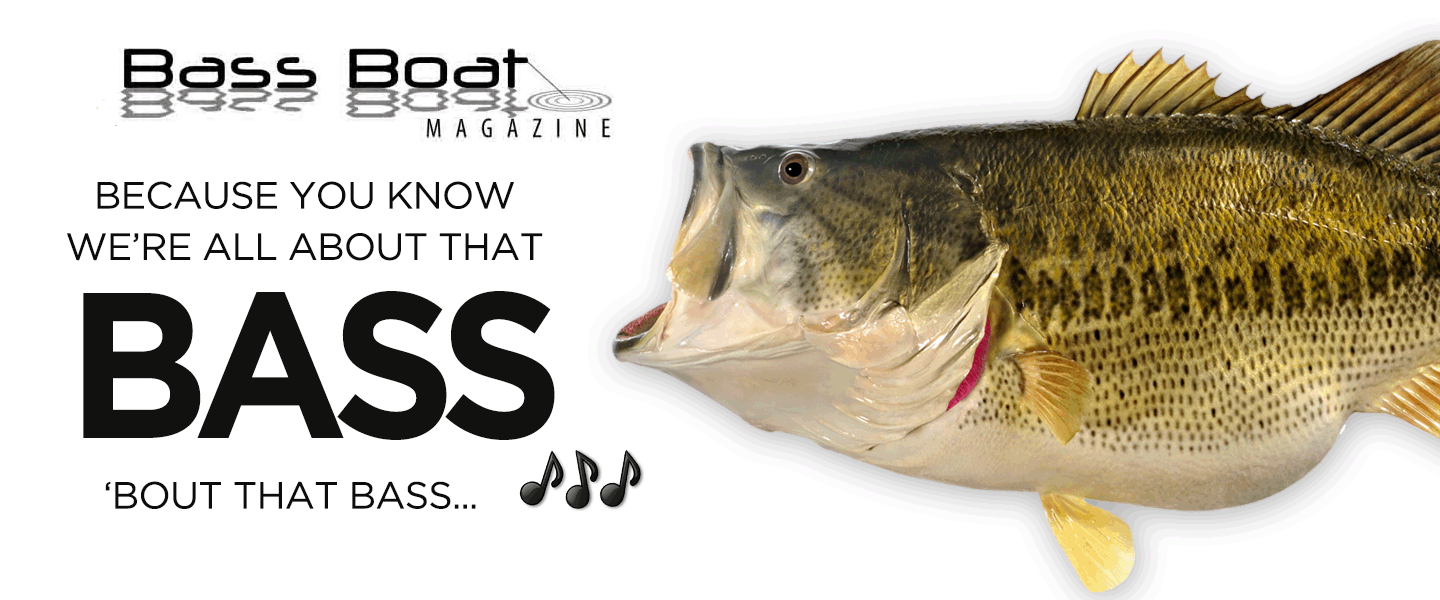- Joined
- Apr 27, 2010
- Location
- Bethlehem, Georgia
The easiest way I know for a Class 1 hitch (Up to 2,000 lb. Gross trailer weight (GTW) and 200 lb., tongue weight) is to use your bathroom scales. (It is best to do this when your wife is out shopping.) Once you have adjusted the weight distribution of the boat’s equipment to bring the trailer into balance and give the correct tongue weight, it is unlikely to change unless you load your boat with all your camping gear and the kitchen sink. This is not a good thing to do because a boat is designed to be supported by the water over its entire bottom surface and remember it is not a utility trailer. As a rule of thumb, the optimum tongue weight is between 5-10% of the GTW. In any event, never exceed the automaker’s specifications. Check your owner’s manual to be sure.
For much heavier trailers -- those with a tongue weight that would exceed the weight limit of a standard bathroom scale -- you need to employ a slightly different technique. There are two very good options available to you. First, you could purchase a tongue weight scale that's designed specifically to measure trailer tongue weights (up to one ton). Or, with a little extra effort and some additional setup time on your part, you can use the same standard bathroom scale.
To do this, you'll need a two-by-four cut to a five- or six-foot (1.5- or 1.8-meter) length, two pipes, your bathroom scale, and a brick. Lay one of the pipes across the scale and the other across the brick. Position the scale and the brick so the pipes are exactly three feet apart. Now, lay the two-by-four across the pipes, and find a suitable way to support the tongue of the trailer at the same height as the tow vehicle's hitch ball. Place the tongue (and hitch-height support) on the two-by-four exactly 2 feet (0.6 meters) away from the pipe lying across the scale and 1 foot (0.3 meters) away from the pipe lying across the brick. Read the weight displayed on the scale, and then multiply the weight by three. This is your tongue weight. As with the method we used for the smaller trailer, you can adjust the weight of the cargo forward or rearward of the trailer axle to reach your target tongue weight. Just watch the scale -- and don't forget to multiply the displayed weight by three.
Calculating tongue weight isn't really that complex. In fact, with enough practice, you'll soon be a pro at finding tongue weight -- and the way your trailer handles on the road will reflect that.
For much heavier trailers -- those with a tongue weight that would exceed the weight limit of a standard bathroom scale -- you need to employ a slightly different technique. There are two very good options available to you. First, you could purchase a tongue weight scale that's designed specifically to measure trailer tongue weights (up to one ton). Or, with a little extra effort and some additional setup time on your part, you can use the same standard bathroom scale.
To do this, you'll need a two-by-four cut to a five- or six-foot (1.5- or 1.8-meter) length, two pipes, your bathroom scale, and a brick. Lay one of the pipes across the scale and the other across the brick. Position the scale and the brick so the pipes are exactly three feet apart. Now, lay the two-by-four across the pipes, and find a suitable way to support the tongue of the trailer at the same height as the tow vehicle's hitch ball. Place the tongue (and hitch-height support) on the two-by-four exactly 2 feet (0.6 meters) away from the pipe lying across the scale and 1 foot (0.3 meters) away from the pipe lying across the brick. Read the weight displayed on the scale, and then multiply the weight by three. This is your tongue weight. As with the method we used for the smaller trailer, you can adjust the weight of the cargo forward or rearward of the trailer axle to reach your target tongue weight. Just watch the scale -- and don't forget to multiply the displayed weight by three.
Calculating tongue weight isn't really that complex. In fact, with enough practice, you'll soon be a pro at finding tongue weight -- and the way your trailer handles on the road will reflect that.

